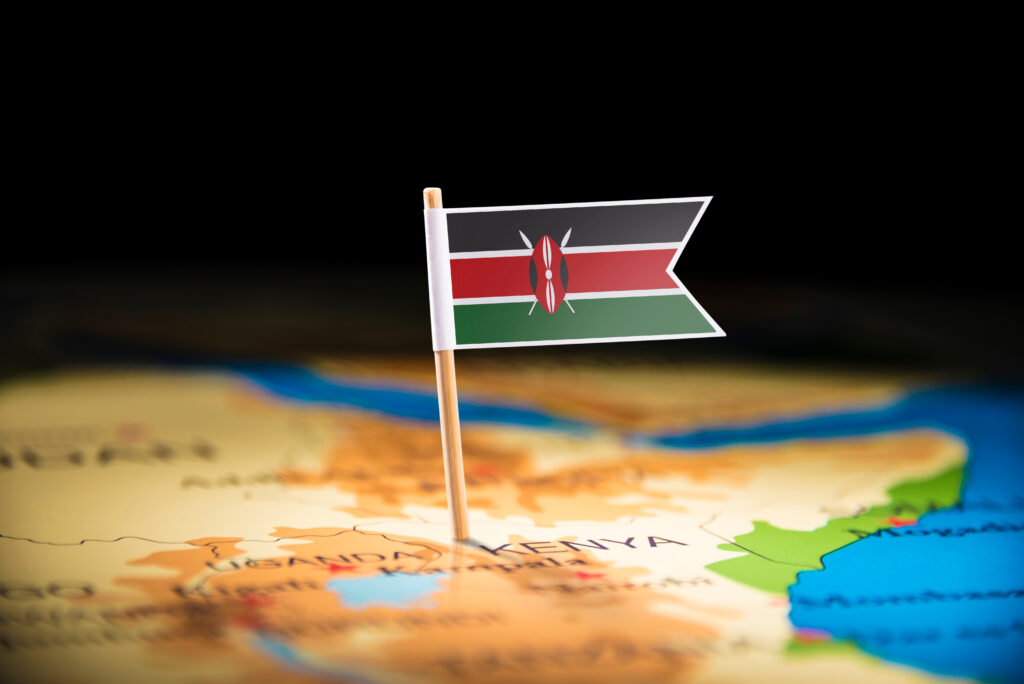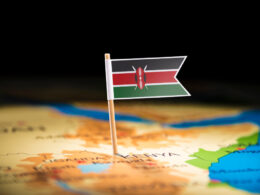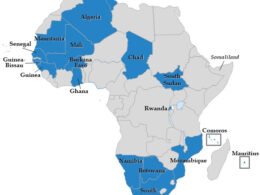NAIROBI,Kenya – Political bipartisan talks have become a hallmark of Kenya’s political landscape, characterized by a complex interplay of interests, ideologies, and power dynamics. These talks, often portrayed as efforts to foster unity and collaboration, frequently serve as a battleground where political elites negotiate behind the scenes to consolidate power and advance personal interests, leaving the democratic process and the aspirations of the general populace at a crossroads.
Throughout Kenyan history, the last four presidents have engaged in pivotal bipartisan dialogues to ensure the seamless and effective functioning of the government. Moi’s era saw the establishment of the Cooperation Government, a term coined to denote the collaborative approach to governance.
Kibaki’s tenure introduced the Coalition Government, popularly known as the “nusu mkate government,” reflecting a shared power arrangement. Subsequently, the Handshake Government emerged under Uhuru’s leadership, emphasizing the importance of unity and collaboration. Presently, Ruto was able to convince Raila to have bipartisan talks through the National Dialogue committee, whose aim was to uphold the spirit of cooperation for the betterment of the nation’s governance.
As illustrated above, at the heart of political bipartisan talks in Kenya lies an intense power struggle among the political elite. The underlying motivations often revolving around the distribution of resources, control over government institutions, and the advancement of personal and party agendas.
Political bipartisan talks in Kenya have been utilized as a tool to quell dissent and silence alternative voices, particularly those calling for accountability and opposing government actions that are shrouded in secrecy and lack transparency. When political elites engage in these talks, they often do so to create an appearance of unity and cooperation, which can serve to marginalize and discredit critics.
By framing dissenting voices as obstacles to progress and national unity, the political elite effectively undermine legitimate concerns and stifle debate.
However, the Kenya Kwanza Government, led by President Ruto, now finds itself navigating uncharted waters, confronted by the formidable challenge posed by the Kenyan people themselves. Exercising their sovereignty directly, Kenyans are holding the government accountable and calling out actions that do not resonate with the masses.
Unlike previous movements, this uprising is faceless and leaderless; it is a genuine people’s initiative. With no figurehead to negotiate or hold dialogue with, the traditional avenues of negotiation are effectively blocked.
The Kenyan people have made their stance clear: there is no need for dialogue to address issues that are straightforward and demand immediate action.
Why should there be dialogue to crack down on corruption? Is a roundtable discussion required to implement austerity measures, hire Junior Secondary School teachers, or post medical interns? Must we convene a dialogue committee to reconstitute the IEBC or audit our public debt? Do we need endless debates to end incompetency and poor service delivery? These are questions that highlight the absurdity of the government’s call for dialogue on matters that require decisive action, not endless negotiations.
In a bid to save face, President Ruto, while assenting to the IEBC Bill, invited the opposition team led by Raila Odinga to KICC. Together, they called for dialogue, but the Kenyan people saw through the charade. Kenyans continue to refuse to engage in closed-door talks with a few representatives who lack the mandate to speak on their behalf. The closed-door nature of these negotiations excludes the broader public, limiting their influence on decision-making processes.
As political elites engage in intricate talks, the concerns and aspirations of marginalized populations risk being overshadowed, leading to potential disillusionment and mistrust in the democratic process. The dialogue inadvertently marginalizes the voices of ordinary citizens, perpetuating a cycle of exclusion and limited representation.
Kenyans are acutely aware that these backroom deals do not serve their interests. They understand that when political elites retreat behind closed doors, the true essence of democracy is compromised. The people’s message is unequivocal: no more secretive deals, no more negotiations that sideline the public. The call for transparency, accountability, and direct action is louder than ever, and the government must listen, for the era of unchallenged political maneuvering is over.
In conclusion, the prevalence of bipartisan talks shows that Kenya needs robust independent institutions that can hold political leaders accountable, ensuring that the interests of the people always comes first.
Thuku Mburu is a lawyer and a programme officer at the Kenyan Section of the International Commission of jurists (ICJ Kenya). This article was first published on the Nation.











